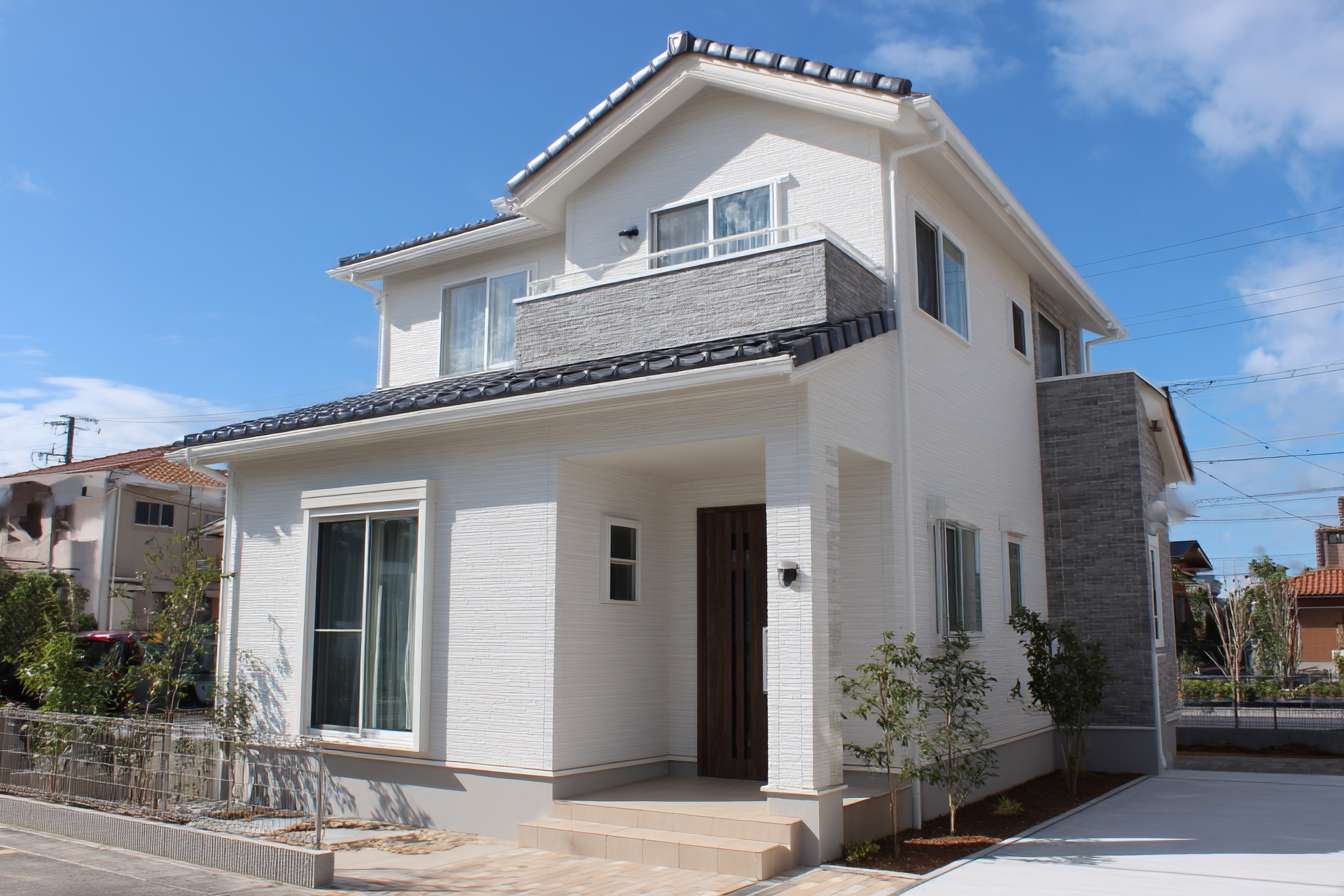Home Value: How to Assess and Improve Your Property’s Worth
Understanding the true value of a home goes beyond a quick online estimate. A reliable valuation considers the house’s condition, recent sales nearby, local market dynamics, and legal or planning factors. Knowing how these elements interact helps owners, buyers and investors make informed decisions about selling, renovating or financing a property in the UK context.

How does housing condition affect home value?
The physical condition of housing is one of the most immediate determinants of value. Structural soundness, roof and damp issues, the state of windows, heating, and insulation influence buyer perception and survey results. Modern, energy-efficient homes often achieve higher valuations because EPC ratings and lower running costs are increasingly important to buyers. Cosmetic updates matter for marketability, but major defects or deferred maintenance will typically reduce a professional valuation.
Which property features most increase value?
Certain property features tend to add value consistently: additional bedrooms, usable outdoor space, off-street parking, and updated kitchens or bathrooms. Open-plan layouts and natural light are popular with many buyers. In the UK, an improved EPC rating, added insulation or double glazing can boost appeal. The scale of value uplift depends on neighbourhood norms and buyer expectations—what’s premium in one area may be standard in another. Quality and planning permission for extensions are crucial for sustained value gains.
How do real estate comparables affect pricing?
Real estate comparables, or “comps,” are recent sold prices of similar properties nearby and form the backbone of many valuations. Estate agents and surveyors examine comps to set a realistic list price or valuation range, adjusting for differences like size, condition or garden. Online tools provide quick comparative snapshots, but they may omit important nuances such as unadvertised repairs or exceptional features. A professional appraisal that blends comps with on-site assessment yields the most accurate picture.
What local market trends change valuation?
Local market dynamics—supply and demand, buyer demographics, and employment patterns—shape house prices. Areas with growing local services, good transport links, or improving schools often see stronger demand and rising values. Conversely, oversupply of similar housing stock or falling local employment can depress prices. Seasonality and broader economic factors, such as interest rates and lending criteria, also influence how quickly a property will sell and at what price in your area.
How does location and neighbourhood shape house value?
Location remains a primary driver of long-term value. Proximity to amenities, transport hubs, reputable schools and green space typically supports higher prices. Neighbourhood character, crime rates, and future local developments (positive or negative) can materially affect desirability. Micro-location matters: two houses on the same street can vary in value due to factors like orientation, garden size, or access. Buyers often pay a premium for an address that aligns with lifestyle priorities.
Where to find housing and property valuation services?
Accurate valuation is best obtained from a mix of local services: estate agents, chartered surveyors, and online valuation platforms. Estate agents provide market knowledge and comparables for a region, while RICS-qualified surveyors deliver formal valuations and condition reports. Online portals offer quick estimates but should be treated as starting points. Solicitors and mortgage lenders may commission their own surveys. When selecting a provider, check credentials, local track record, and whether the service includes an on-site inspection.
A careful approach to home value combines physical inspection, comparative market analysis, and an understanding of local market forces. For homeowners considering sale, renovation or refinancing, balancing realistic expectations with targeted improvements—particularly those that improve energy efficiency and essential amenities—supports the best long-term outcomes. Valuations are snapshots influenced by many moving parts and benefit from both professional advice and awareness of conditions in your area.




